Artificial sweeteners may raise diabetes risk
By naturopath Margaret Jasinska
Consuming artificial sweeteners may adversely affect your gut bugs in a way that raises the risk of type 2 diabetes. A number of studies have shown that people with type 2 diabetes have an imbalance between good and bad gut bugs. Consuming artificial sweeteners may make this more likely.
Many people consume sugar-free foods that contain artificial sweeteners in an effort to cut calories and lose weight. Unfortunately, these foods may have the opposite effect in the long run. Research has shown that artificial sweeteners may harm your metabolism in a way that makes weight gain more likely, and also the development of type 2 diabetes. This is a problem since sugar substitutes are particularly popular among diabetics.
Your gut bugs enable you to extract calories from food and direct the conversion of food to energy or fat storage. We all have trillions of microbes in our gut and they are known as the gut microbiome. An Israeli study suggests that artificial sweeteners increase the population of gut bacteria that are more efficient at deriving energy from food and turning it into fat. According to Peter Turnbaugh of the University of California, San Francisco, artificial sweeteners may favour the growth of bacteria that make more calories available to us, calories that can then find their way to our hips, thighs, and midriffs.
The artificial sweeteners used in this research were aspartame, saccharin, and sucralose.
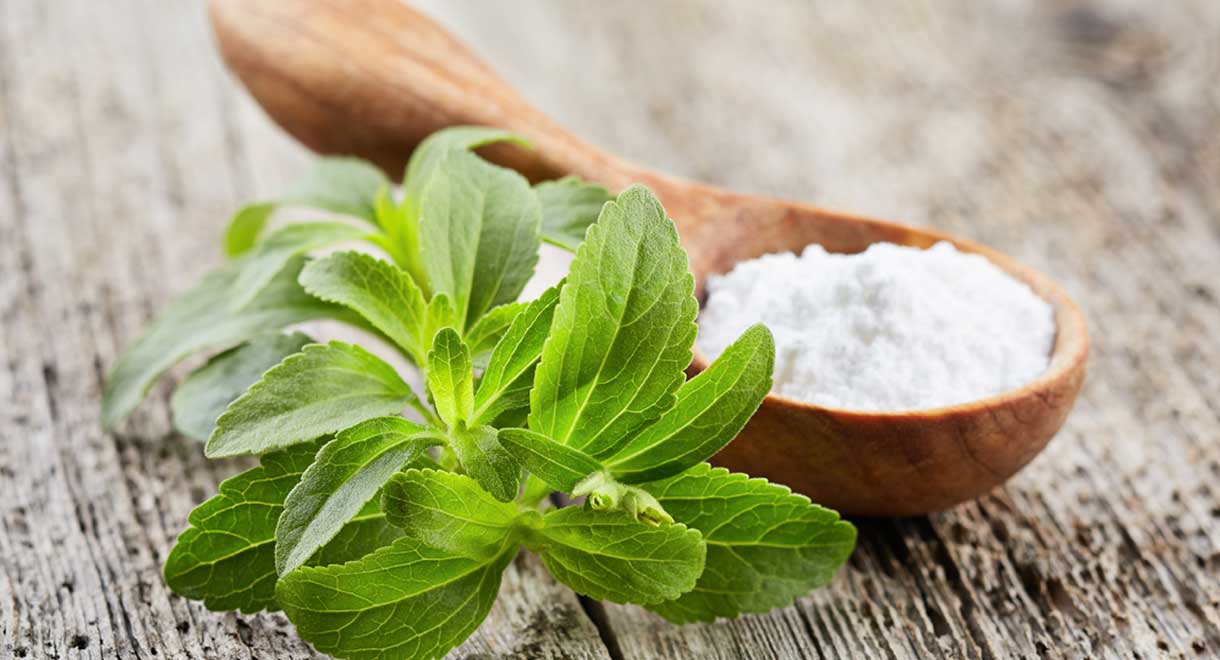
Natural sweetness
If you would like to add some natural sweetness to your foods and drinks, stevia and xylitol are both plant-derived and have not been shown to adversely affect the gut microbiome or metabolism. They are found in Nature Sweet, which is an all natural sugar substitute.


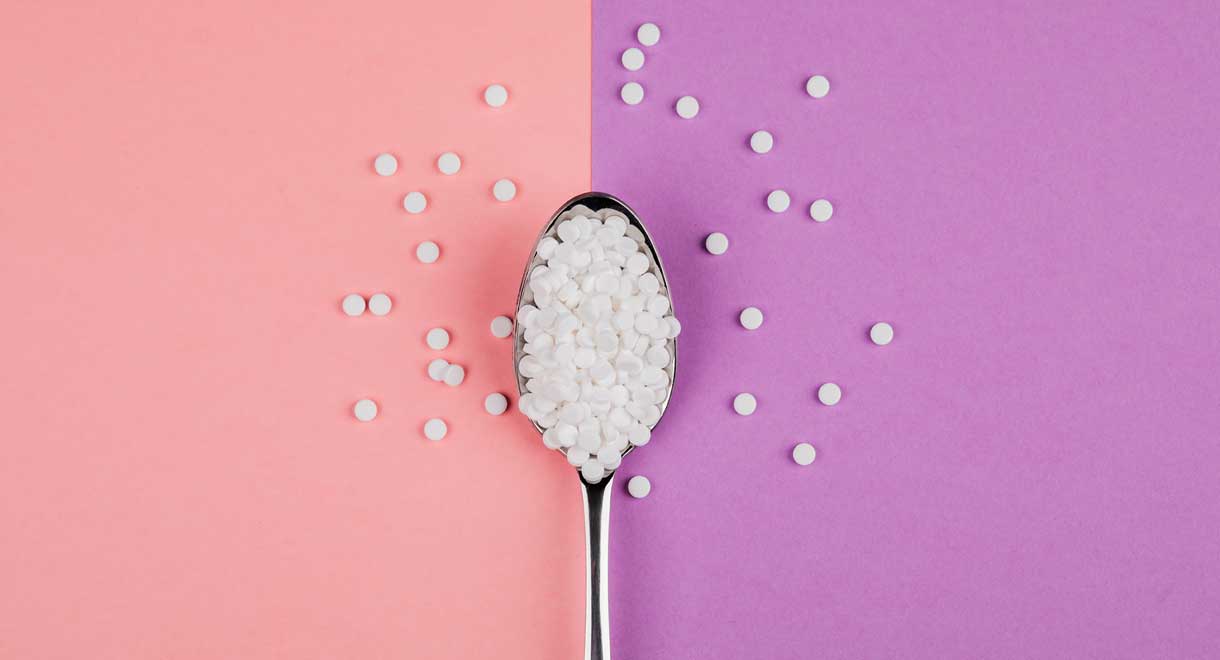

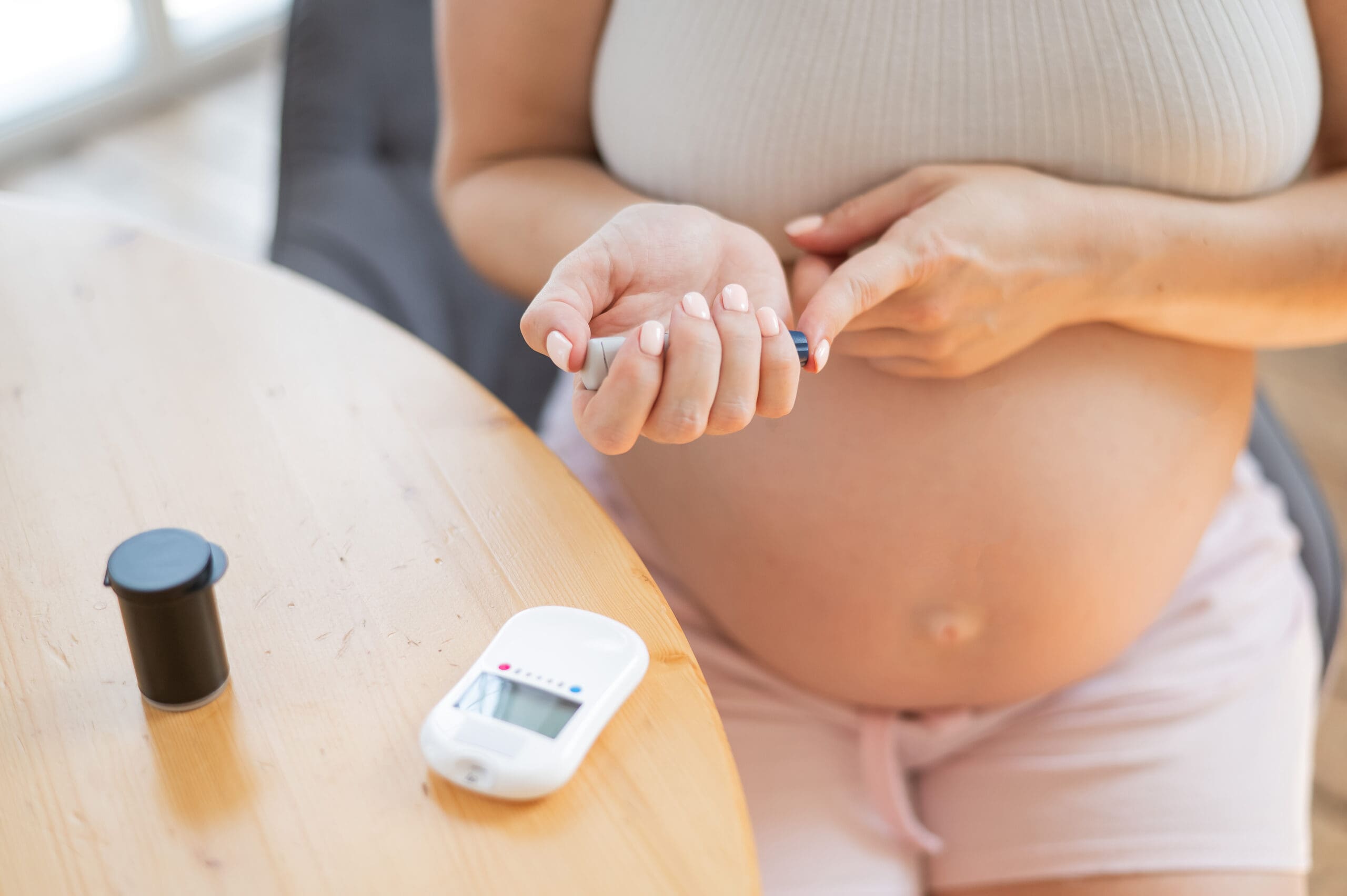
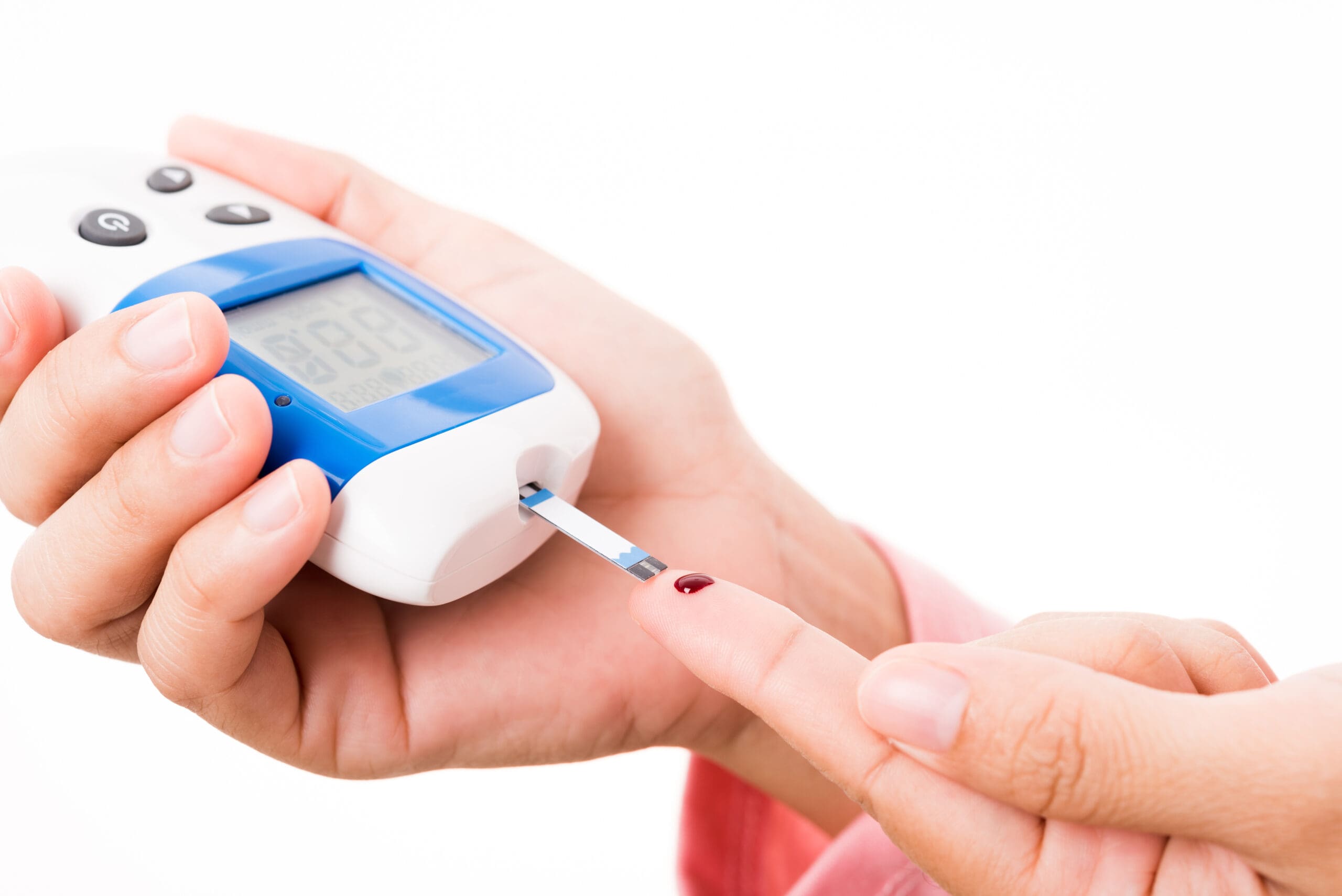
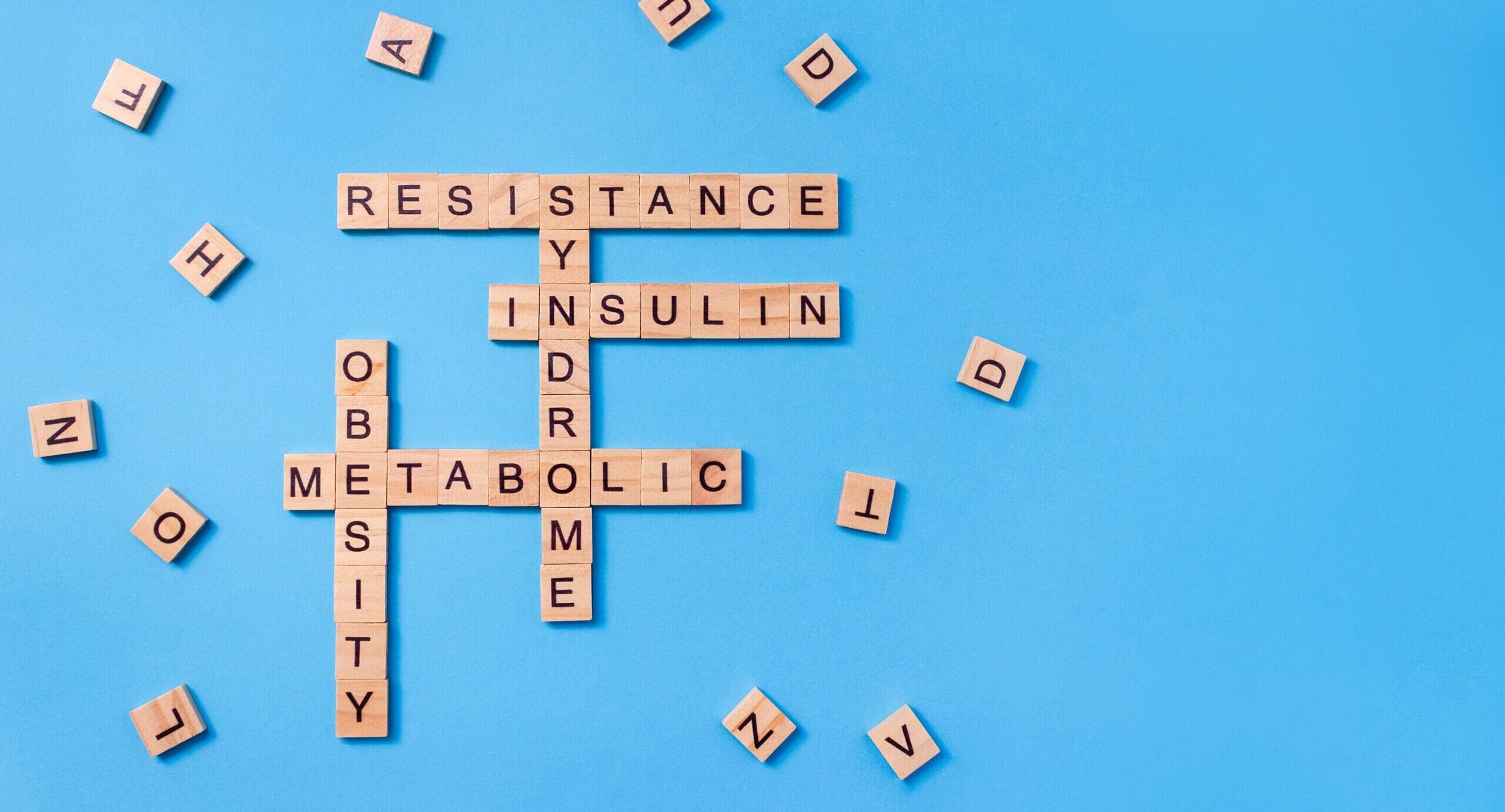
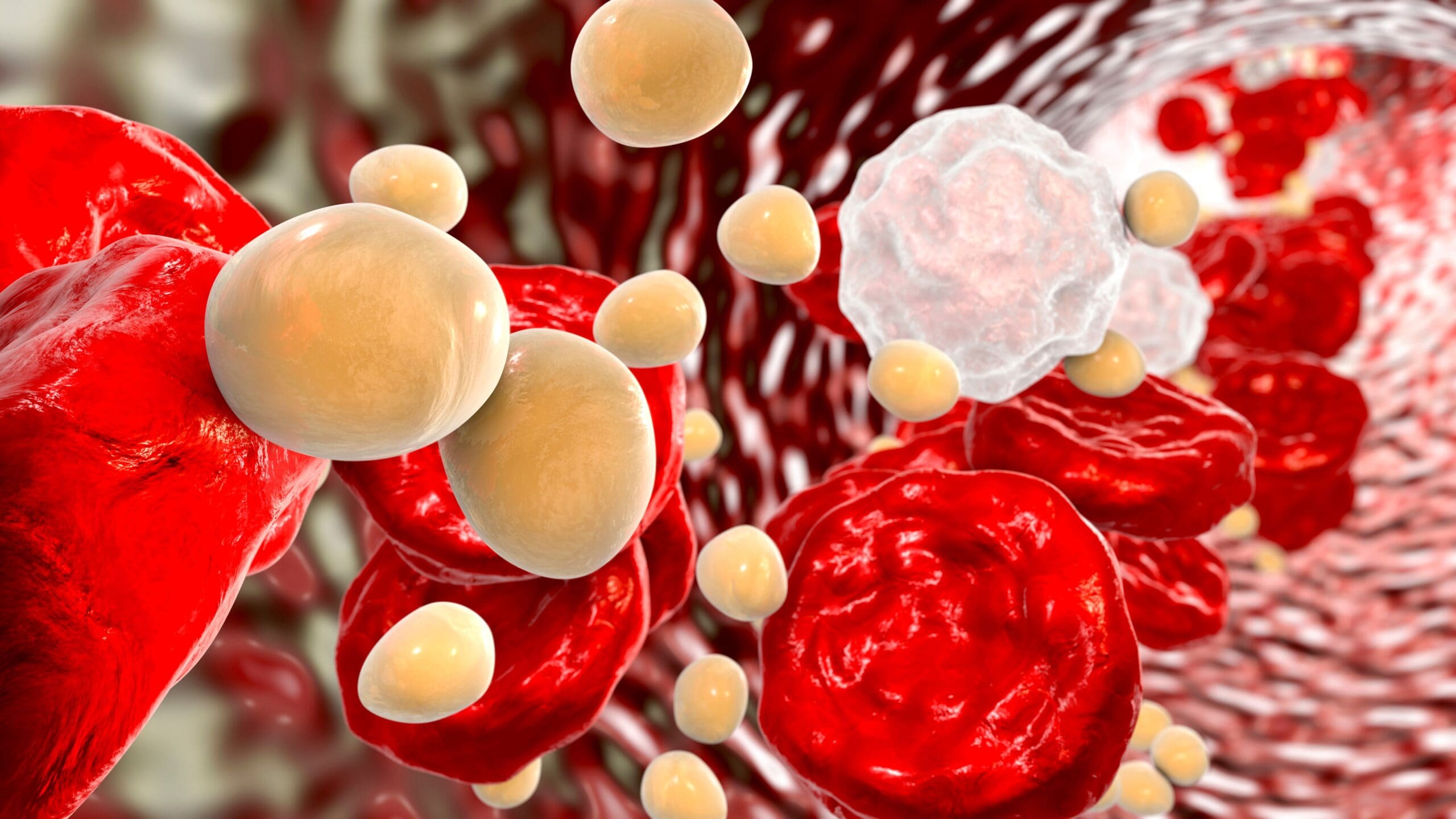

I have been using Stevia for years now and i use it in cakes biscuits Pies if fruit is not sweet enough.
That’s great Barbara!